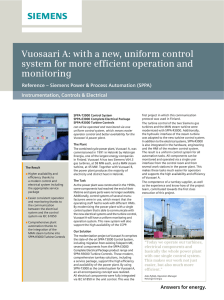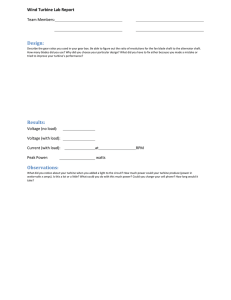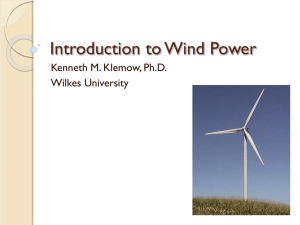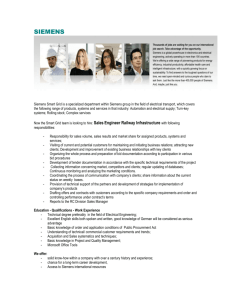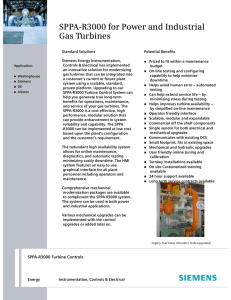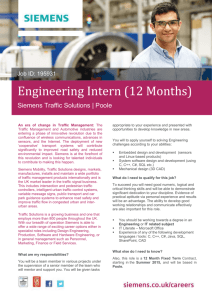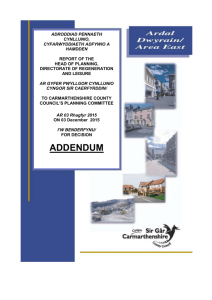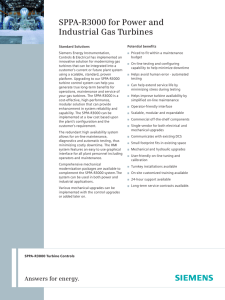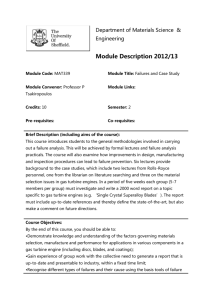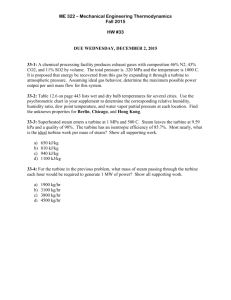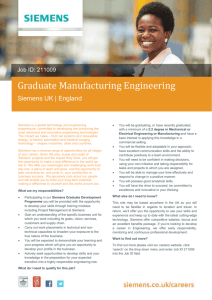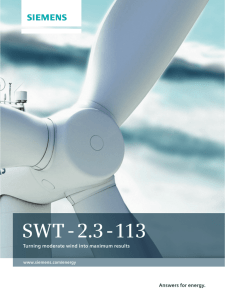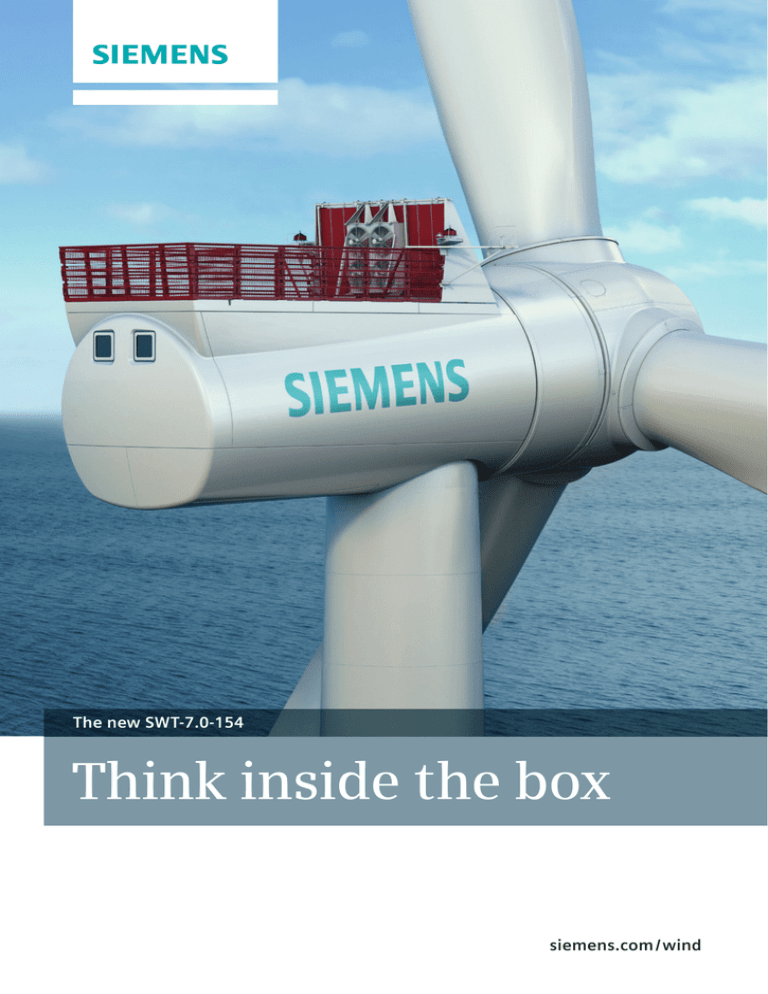
The new SWT-7.0-154
Think inside the box
siemens.com / wind
The SWT-7.0-154:
Minimum upgrade
for maximum effect
On the outside, our new 7 MW turbine isn’t new at all.
But we found a smart way to significantly increase the
energy output of our proven SWT-6.0-154. Instead of
"thinking outside the box," we actually thought "inside
the box" and made some upgrades within the nacelle.
The SWT-7.0-154 delivers 10% more
energy than its predecessor,
building on certified, proven, and
reliable technology.
Siemens’ unique experience with offshore
wind power opens the door to fantastic
opportunities. When we decided to improve
the energy output of our largest offshore
wind turbine, we used our expertise to
approach product development in a new
way. Instead of following the conventional
wisdom, which tells us that "bigger is always
better," we started with a proven product.
We looked closely at every detail of the
wind turbine and made as few upgrades as
possible. Upgrades we knew would yield
the greatest results – and so we created the
new SWT-7.0-154.
Higher output at low risk
We improved the electrical system within
the nacelle. All upgraded components
relate to power output, and include:
• More powerful magnets
• Upgraded power converter
• Upgraded transformer
These upgrades allow us to provide
10% more output than the predecessor,
the SWT-6.0-154.
No need to give up familiar advantages
The rest remains the same. You can count
on our proven and reliable Direct Drive
2
technology, Integral Blades, and hub and
tower concepts, as well as maintenance
and safety systems – all lowering the risk
of your total investment.
Utilizing components that are already
in play also means that the supply chain
is ready to go and that all associated
processes are already established.
Ultimately, since the new 7 MW turbine is
based on the certified SWT-6.0-154, we
are improving profitability along with
reduced project risk. Thus, facilitating
bankability, increasing our customer's
business case.
Uniting reliability and safety
Siemens has been a major driver of innovation in the wind power industry since
1980. Technology has changed with
the times, but Siemens’ commitment to
providing its customers with reliable wind
turbine solutions has always remained
the same.
Building on our proven gearless Direct
Drive technology, known from the D3
and D6 platforms, the new SWT-7.0-154
leverages our highly efficient generator
concept. Compared to an entirely new
Peace of mind for our customers:
Thanks to an already developed
supply chain, the 7 MW wind turbine
further reduces the commercial risk
of an investment.
product introduction, staying within the
SWT-6.0-154 design envelope, the 7 MW
allows for a smooth transition for our customers‘ future projects in numerous ways.
First, product risk is reduced. Second,
certification processes will be shorter.
Third, the balance-of-plant supply chain
impact from turbine configuration is minimal. In sum, we are reducing risk not only
on a turbine level, but by extending on
our proven platform, we provide valuable
synergies to project development. Add a
reduced need for turbine positions while
increasing the power output and we arrive
at the introduction of our SWT-7.0-154:
Minimum upgrade for maximum effect.
SWT-7.0-154
Swept area: 18,600 m2
IEC Class
IB
Nominal power
7,000 kW
Rotor diameter
154 m
Blade length
75 m
Swept area
18,600 m2
Hub height
Site specific
Power regulation
Pitch regulated,
variable speed
154 meters
3
Published by
Siemens AG 2015
Wind Power and Renewables
Lindenplatz 2
20099 Hamburg, Germany
siemens.com/wind
For more information, please contact
our Customer Support Center.
Phone: +49 180 524 70 00
Fax: +49 180 524 24 71
(Charges depending on provider)
E-mail: support.energy@siemens.com
Wind Power
Order No. E50001-K310-T210-X-7600
RS 15_01_173
All rights reserved.
Subject to change without prior notice.
Trademarks mentioned in this document are the property
of Siemens AG, its affiliates, or their respective owners.
The information in this document contains general
descriptions of the technical options available, which may
not apply in all cases. The required technical options
should therefore be specified in the contract.

